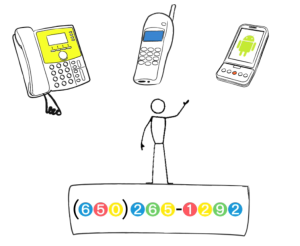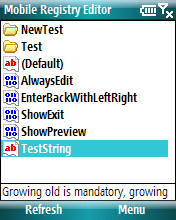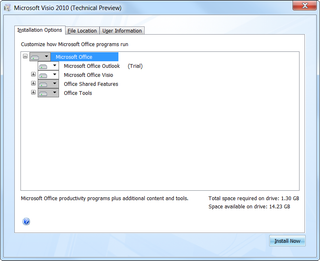
Yesterday I got invitation for Google Voice service and I must admit that I was delighted. Those who know me also know that I am sucker for testing new things. Everything can only get better when I get invite from one of my two favorite companies (yes, I love and use both Microsoft’s and Google’s products).
However, this service is limited to US and my Google profile clearly states Croatia, so I must wonder why Google sent me this in first place.
Same situation happened to me with invitation for Microsoft Hohm and that makes me wonder…
Are they just showing me what I cannot get?
[2009-07-19: I gave my invite away. I do hope that he will enjoy it and that Google would not mind it.]
[2009-07-19: It seems that my invite is linked to my e-mail and cannot be used by anyone else. :(]




